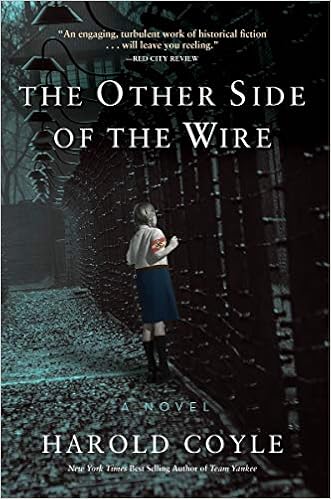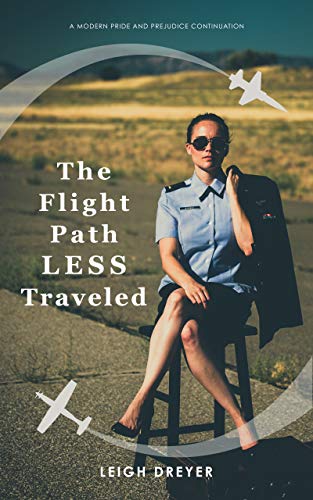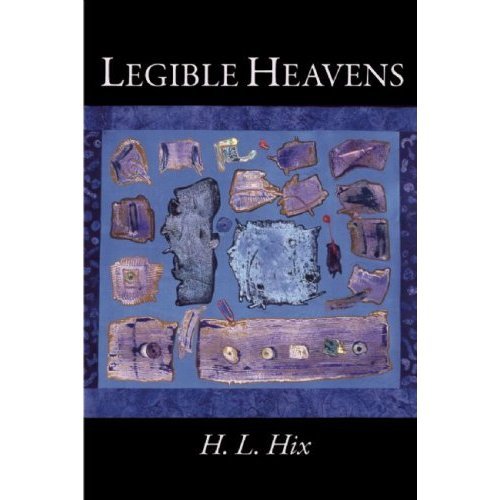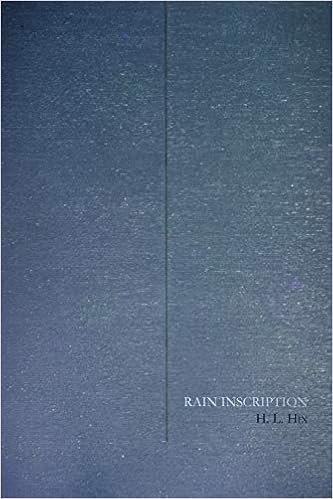
But read the synopsis for yourself:
Enlightenment dawned, sharp and painful in its glaring exactitude. He knew. From the moment she had uttered her true name, he had known that she was not free. So why was he here? Why did he still look at her in that way? Why could she see the adoration in his eyes and the torment in his features? Had he come to say goodbye? To leave her to this fate?
How can an innocent stroll through Hyde Park change the course of so many lives?
Confused and chastened following her cruel rejection of Mr Darcy’s proposal, Elizabeth Bennet returns to her aunt’s home in Gracechurch Street. Unable to find solace while pondering her terrible misjudgment of his character, she is overwhelmed with guilt for how she treated the puzzling gentleman from Derbyshire.
Fitzwilliam Darcy has retreated to his London home after being spurned by the lady he loves, and after serious reflection has come to the realisation that he never deserved Elizabeth’s good opinion.
A chance encounter brings the opportunity to seek forgiveness, and possibly, a new start to their budding romance. But the introduction of a stranger into Elizabeth’s life threatens to reveal old family secrets that have the potential to truly unravel her world and all that she holds dear.
Please give L.M. Romano a warm welcome:
Thanks, Serena, for letting me share an excerpt today from Forgotten Betrothal! When writing this book, I wanted to place Darcy into a situation that he alone could not fix – something that would be beyond the reach of his money, connections, or knowledge.
The discovery of Elizabeth’s true parentage and the existence of a cradle betrothal sends Darcy into a panic, and in the following scene, Colonel Fitzwilliam is there to provide encouragement that all is not yet lost.
Excerpt from Chapter 21
Just as Darcy feared losing himself once again in bitter reflections, a firm grip on his forearm demanded his focus.
“Marriage settlement or not, nothing is yet written in stone, Darcy!”
Startled, he replied, “You believe I still have a chance?”
“Yes, and so would you if you could take a moment to pull your head out of the ground! I realise what a shock this must have been, for I myself can barely make sense of it! But you are facing down a twenty-year-old piece of paper, not the Minotaur! I love my brother, but I cannot see how this proposed marriage should go forward as you seem to be forgetting one essential component of this entire affair!”
“And that is?”
“Miss Elizabeth, you fool! I cannot believe the simple country miss who would not give way to our overbearing Aunt Catherine would somehow be cowed enough by her new circumstances to assent to an arranged marriage!”
For the first time since Darcy had learned the dreadful news, a spark of hope began to burn within his chest. Richard was right. His beautiful, stubborn, fierce Elizabeth would not simply follow society’s dictates with no thought to her own happiness.
“Have you not spent the last two weeks courting this woman? Resolving your earlier misunderstandings and gaining her favour? For she does truly welcome your calls, does she not?”
“Yes, I believe she does. In fact, I felt today that I could detect a significant change in her regard for me. At one point, before she relayed her news, she even mentioned how highly she esteemed me. I almost wished I could have renewed my addresses at that very moment.”
“Perhaps you should have done!” Richard huffed. “It could have saved us all this grief!”
“I doubt that. Not only would it have been completely unfeeling on my part to interrupt her disclosure of what had so lately troubled her, but I also would have found myself in the very same predicament I now face. I have unknowingly courted an earl’s daughter without permission, something Lord Tamworth is unlikely to overlook.”
“Surely the Gardiners knew your intent. I wonder they did not mention anything to you!”
“And what would they have said? ’Tis not as though they were at liberty to reveal anything to me, although I suppose it does explain the certain uneasiness I detected in Mr Gardiner when he first agreed to allow my calls.”’
“Well, in any case, I believe you have every reason to hope where the lady is concerned.”
“Do you truly?”
With a roll of his eyes, Richard exclaimed, “Darcy, are you daft? Miss Elizabeth trusted you enough to divulge all before even a formal announcement was made! This is going to be the biggest news society has seen in a decade, yet she went out of her way to assure you of her trust by telling you to your face. She was under no obligation to make any such disclosure, and I do not believe she would have done so if she wished to cry off from your courtship!”
“And look at how I repaid such trust!”
“What do you mean?” Richard asked, a nervous look etched upon his countenance. “What did you do, Darcy?”
Unable to face his cousin, Darcy stood and leaned against the mantle, dragging his hand down the length of his face. “I left. Right after she told me her real name. I believe I uttered some nonsense about being happy for her and that I hoped to see her again at some point, but at the end of it all, I simply abandoned Elizabeth. I was too overcome by my own emotions to provide the comfort she needed. I am a cowardly fool!”
“You really are your own worst enemy, but I doubt all is lost. ’Twas not the best response, I grant you, but the shock of the situation should allow some concessions to be made for your lapse.”
“But you do not understand. Only a week prior Miss Jane Bennet thanked me for my unswerving devotion to her sister, confessing Elizabeth would have need of my loyalty in time. I had thought her remark rather strange in the moment, but now it makes perfect sense! Elizabeth is being thrust into a new world with all new expectations, and instead of standing by her, at the first sign of trouble, I retreated. I do not deserve her.”
“Why do we not let Miss Elizabeth make that decision? I may not understand why she would choose to tie herself to your dour mug for all eternity, but I shall not gainsay her if that is her choice,” Richard quipped with a mocking grin.
In a decidedly dry tone, Darcy responded, “Your faith in me is inspired, Cousin. But the problem remains, what do I do now?”
Thank you, Ms. Romano for sharing this excerpt. Darcy does get himself in a pickle doesn’t he? I cannot wait to read this one.

L. M. Romano is, as Miss Bingley would say, ‘a great reader,’ though she still owns to taking delight in many things. As an inveterate bookworm and a longtime lover of historical fiction, she is delighted to present her début novel, Forgotten Betrothal, as a tribute to her love for the works and characters created by Jane Austen. As a history professor, she eagerly embraced the opportunity to delve into Regency England and the many facets of London’s high society, which provided endless evenings of entertainment for both herself and any unfortunate family members who happened to be nearby.
A Northern California native, L. M. Romano currently lives with her husband in Ontario, California. She plans to continue writing, teaching, and reading countless books to her heart’s content.


 About the Poet:
About the Poet:
 About the Poet:
About the Poet:
 About the Author:
About the Author:


 About the Author:
About the Author:





 I’m a Jew, so some of the world I write about came to me, along with my brown hair and eyes, at birth. But my family had been in America so long—since around the Civil War on both sides–that by my grandparents’ generation Yiddish was all but forgotten. Also, I grew up fancy, in Virginia, where I knew much more about horses and tennis than anything even vaguely related to Judaism or the Yiddish world that had been wiped out by the Nazi genocide. But then I went to college, where I fell headlong into what became a deep dive into Jewish literature and Hebrew, and there you have it: my muse began to speak to me with a Yiddish accent. The result being my new book,
I’m a Jew, so some of the world I write about came to me, along with my brown hair and eyes, at birth. But my family had been in America so long—since around the Civil War on both sides–that by my grandparents’ generation Yiddish was all but forgotten. Also, I grew up fancy, in Virginia, where I knew much more about horses and tennis than anything even vaguely related to Judaism or the Yiddish world that had been wiped out by the Nazi genocide. But then I went to college, where I fell headlong into what became a deep dive into Jewish literature and Hebrew, and there you have it: my muse began to speak to me with a Yiddish accent. The result being my new book, 












